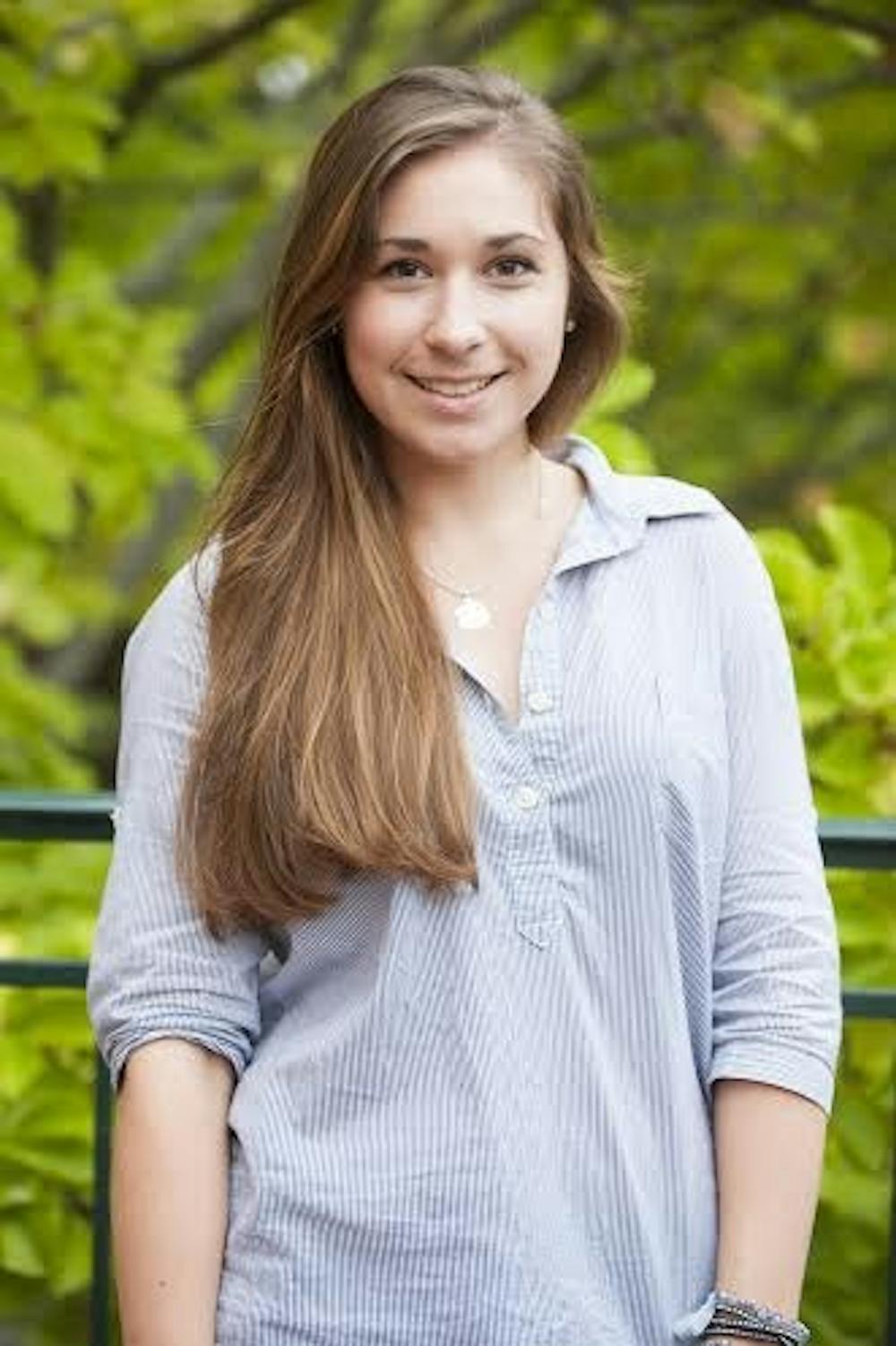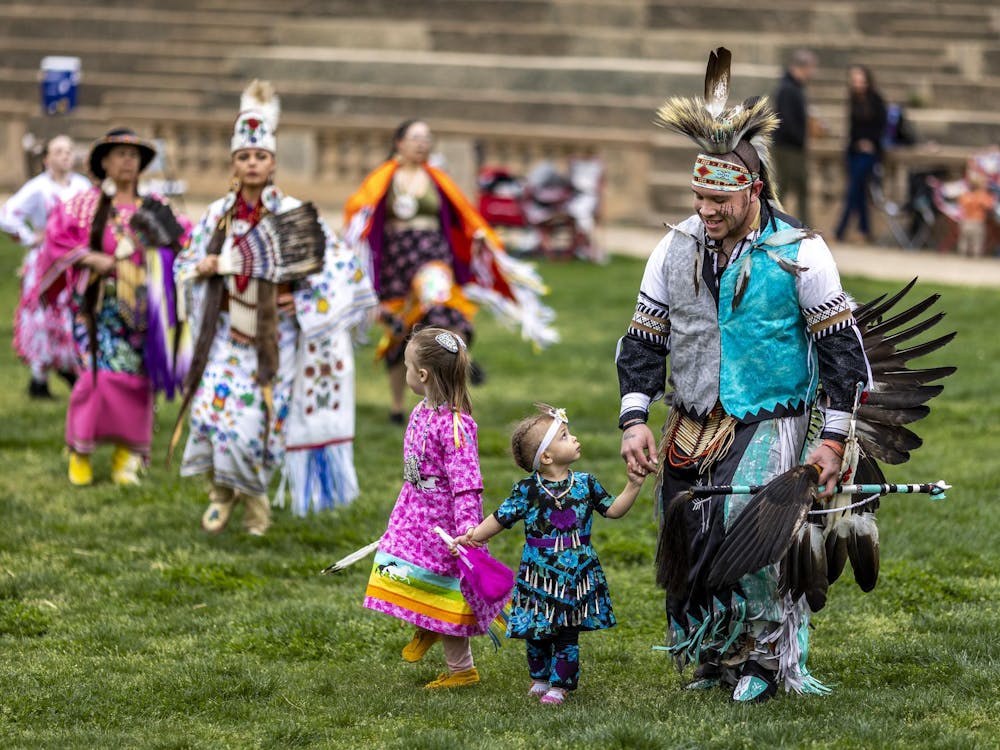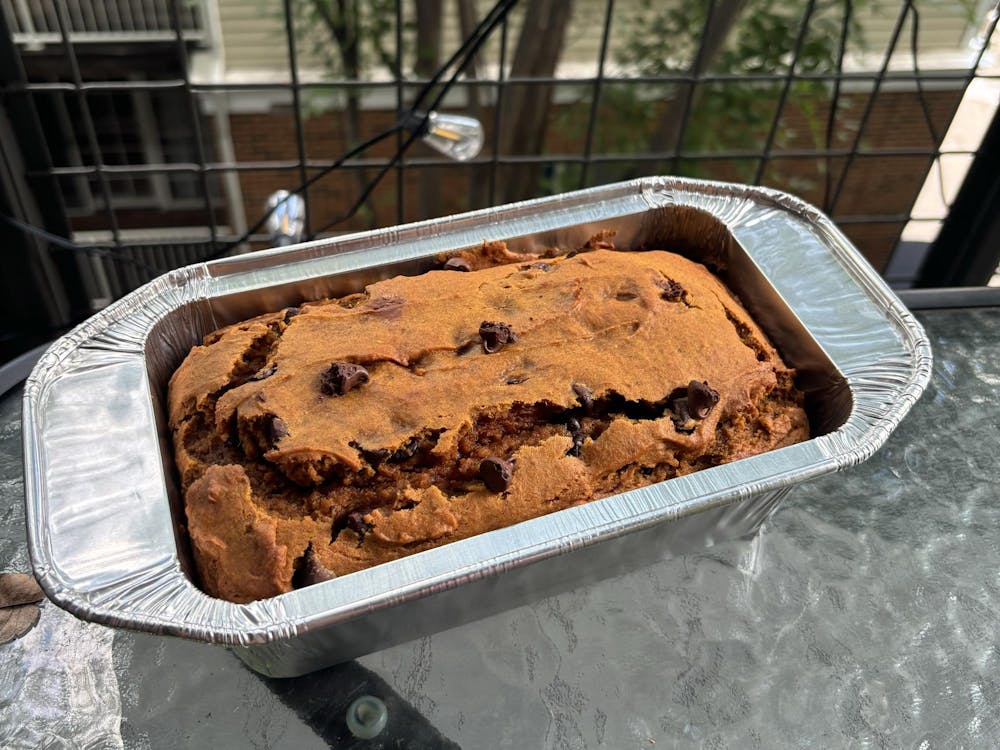Growing up, it was almost impossible for me to sit through Sunday services at St. Luke’s Church without some kind of distraction. I loved the children’s bulletins that the Altar Guild provided, which featured Christian crossword puzzles or little mazes in which I could track Jesus’ route to his lost sheep at the other end. My sister and I devised a secret code when we were a bit older, which entailed underlining letters in our hymnals to spell out messages for each other.
No matter how restless the two of us got, there was always a reward waiting for us at the end of the service: coffee hour. In the middle of the green hall was a table covered with donut holes, coffee cake and mini muffins, coffee and tea for adults and juice boxes for kids.
My family had a strong group of friends in our parish with whom my sister and I would play hide and seek or make-believe games with while our parents chatted inside. As we got older, we were included in the adult conversations, which always made us feel very grown up and important.
Religion was equal parts social and spiritual for us. The families we grew up with at St. Luke’s were incredibly close: there were barbeques and pool parties on Memorial Day, and cocktails on Christmas and New Year’s Eve. However, it never occurred to me a similar dynamic would follow me to the University. In fact, more often than not, I’ve deliberately shied away from religious activities.
I was not used to how casually peers will bring up their faith in conversation, and usually ended up chalking it up to a disconnect in Northern and Southern mentalities. I was surprised to find that a few girls in my pledge class had started a “sorority small group.” I had assumed my sorority was an organization more removed from religion.
The contrast between my interpretation of social spirituality and that which is present at the University was never clearer to me than when a friend brought me to a Young Life barbeque. Prepared for an event that would be similar to the coffee hour I knew growing up, I was once again struck by the ways in which the topic of my faith was woven into the conversation.
It occurred to me that I had been raised to see the church creed and church community as two very separate parts of the same whole. In the big stone sanctuary, we sang hymns and listened to sermons; at coffee hour at St. Luke’s we discussed family news and college plans. Here, the two are undoubtedly intertwined in ways that I have never experienced.
There are times when I envy the incredibly close-knit friendships formed through church or other religious organizations. When I think about mixing these two halves of my experience, I never feel my beliefs could measure up in conversation as well as in service; I worry that I might find myself feeling like that restless child in a pew again, reaching for my bulletin, looking for the page on which I could entertain myself searching for all six differences in the two pictures of Moses parting the Red Sea.
I am still hesitant to get involved in religious life at the University, but I know that if I do, I’ll be bringing along a pen, hymnal and someone who knows my secret code.
Kristin’s column runs biweekly Tuesdays. She can be reached at k.murtha@cavalierdaily.com.





